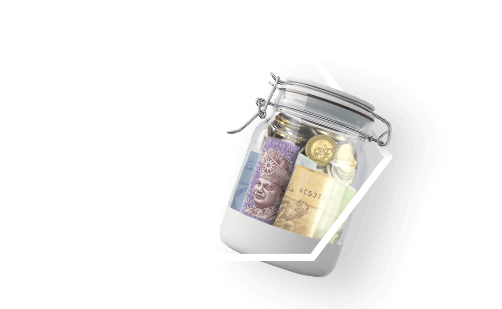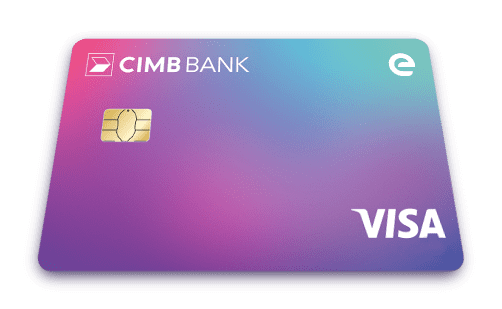{{tile.title}}
{{tile.description}}
{{tile.expiryDate}}









We will be right with you.
Moving Forward
CIMB ❘ 13 Jan 2025
3 min(s) read
The internet is a jungle that's full of opportunities, beautiful sights and discoveries. However, you will need to take into account the myriad of dangers you may encounter. With the increasing accessibility to do almost everything online, comes new dangers as nefarious actors seek to exploit the digital environment.
The majority of us rely significantly on the internet for social networking, online classes, remote employment, and many forms of entertainment. However, extensive use does not imply general comprehension.
The good news is that there are numerous methods for staying secure and avoiding online fraud and scam. More about Security & Fraud Awareness.
To ensure that you stay protected on the internet, here are a few safety tips that you can follow:
There are affordable antivirus software available, even if you're on a tight budget. Purchasing it with a small out-of-pocket investment is preferable to dealing with viruses or malware. If you currently have antivirus software installed, make sure to keep it updated.
It can be tempting to pick passwords that are easy to remember or similar to one another. With so many online accounts – from social media, banking, e-wallets and shopping – you might give in to using the same passwords repeatedly. While that is the simpler solution, it also puts you in a more precarious position as it makes you more vulnerable to online scams.
A stronger password can greatly reduce the likelihood of a cyberattack. Here are some pointers to creating a reliable and secure password:
Even in all its splendour, online payment has its disadvantages. When doing transactions through an unsecured internet connection, you put yourself at risk of having your information stolen and misused by a third party.
Verify that the Wi-Fi connection and website URL are secure. Never transmit private or sensitive information over a public Wi-Fi network. Use a VPN (virtual private network) if you must shop while using a public Wi-Fi network to protect your personal details.
Following the Covid-19 outbreak, thousands of people who formerly shopped at their local stores have migrated to online retailers. Unfortunately, as online consumer activity has grown, so too have cybercriminals' efforts to prey on the gullible, leading to significant losses for the fallen victim of cybercrimes.
Take note of these tips when purchasing online to avoid internet scams:
Be cautious if you get a dubious email. Phishing fraud uses phoney emails and websites to deceive you into disclosing sensitive personal data. Avoid clicking on links or opening attachments from unexpected senders or pop-up windows.
Before viewing attachments or accessing links, exercise additional caution. Keep in mind that besides emails, you can also receive phishing URLs in SMS or chats. Make a report to notify the authorities if you receive suspicious emails from accounts pretending to be banks or other financial institutions.
Check out more ways to prevent fraud and identity theft here.
This article is brought to you by CIMB as part of our ongoing efforts to raise the level of financial literacy among Malaysians. Financial knowledge and understanding are key to making well-informed and meaningful financial decisions towards positively improving welfare and well-being of communities. This is one of our many efforts to achieve CIMB’s purpose of advancing customers and society.
This link is provided for your convenience only and shall not be considered or construed as an endorsement or verification of such linked website or its contents by CIMB Group.
CIMB Group makes no warranties as to the status of this link or information contained in the website you are about to access.
Do you wish to proceed?


